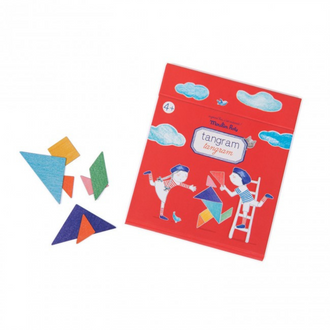1. What are children developing between 6 and 7 years old?
At ages 6-7, children are building skills in problem-solving, memory, and logical thinking. They’re also refining their social abilities, understanding teamwork, and handling more complex instructions. This age is perfect for introducing structured learning materials, strategy games, and creative outlets as they build independence and deepen their focus.
2. How do school resources like multiplication and mythology support development?
School resources on topics like multiplication, mythology, and world flags provide a fun way to build academic skills, cultural awareness, and memory. Multiplication resources help children develop early math skills and logical thinking, while mythology and flags spark curiosity about history and different cultures, supporting knowledge-building and perspective.
3. Why are strategy games ideal for children aged 6-7?
Strategy games by brands like Londji challenge kids to think ahead, plan, and adapt, building patience, problem-solving, and teamwork skills. These games encourage social interaction and cooperation, helping children strengthen communication and resilience, especially when playing with family or friends.
4. How do painting kits and art resources support creativity at this age?
Painting kits and art supplies give 6-7 year-olds a way to express themselves and explore fine motor skills. Detailed projects like painting allow kids to experiment with colours, textures, and designs, boosting confidence and encouraging self-expression. Arts and crafts also help improve concentration and patience, skills essential for school readiness.
5. What are the best educational toys for kids aged 6-7?
For 6-7 year-olds, the best educational toys include multiplication resources, mythology and flags materials, advanced strategy games, and painting kits. These toys engage children’s growing interest in learning and creativity, making playtime both fun and educational. They provide a mix of academic support, creative expression, and strategic thinking, which suits this age group’s developing needs.


